BoisLockerRoom – The Tipping Point
When And How Did It All Start?
It is observed that from prehistoric to Indus valley civilization of Harappa and Mohen-jo-Daro, women had enjoyed an equal status with men. The references found in Vedas include several reasons to believe that the ‘stone age society’ was a matriarchal one. Unlike today’s time where the number of female foeticides are rising by the hour, during the historic age, parents used to pray for the birth of learned and capable daughters. Apart from being encouraged to enter the fields of medicine, literature and business, Vedic women were also motivated to enter the military where they learned to be valiant warriors and took part in battles rather than be confined to 4 walls of the house. Many even participated in the composition of the Rig-Veda hymns. In sacred Hinduism scriptures, one does not find violence against women as a cultural phenomenon. Even during the advent of Buddhism, women continued to be considered equal and were even given the choice to choose their own religion. This era was thus regarded as the “golden age” for Indian women by historians.
Though traces of gender discrimination can be seen in the ancient period, the long-enjoyed autonomy of women almost came to an end with foreign invasions. The endless conflict between Arab, Mughals and indigenous Hindu rulers played a major role in the upward spiral for all kinds of atrocities against women such as female infanticide, sati and jauhar. Women were now deprived of traditionally available academic and physical freedom. Schooling of girls was limited to knowledge of religious scriptures.
The deterioration of women’s status did not however improve during the British rule. Extending female education was also not the part of British policy to rule India. Schools were primarily for men for administrative purposes. If schools for girls did exist their primary mission was to teach them how to be perfect ‘housewives’. Therefore, the concepts that women are defined as ‘mothers’ and housewives played a major role for the deterioration of Indian women during British period. The efforts of Indian reformists of the 19th and 20th centuries resulted in the enactment of various pro-women legislations in independent India. However, such laws alone are not enough to bring radical changes in the lives of women, without a shift in people’s mindsets.
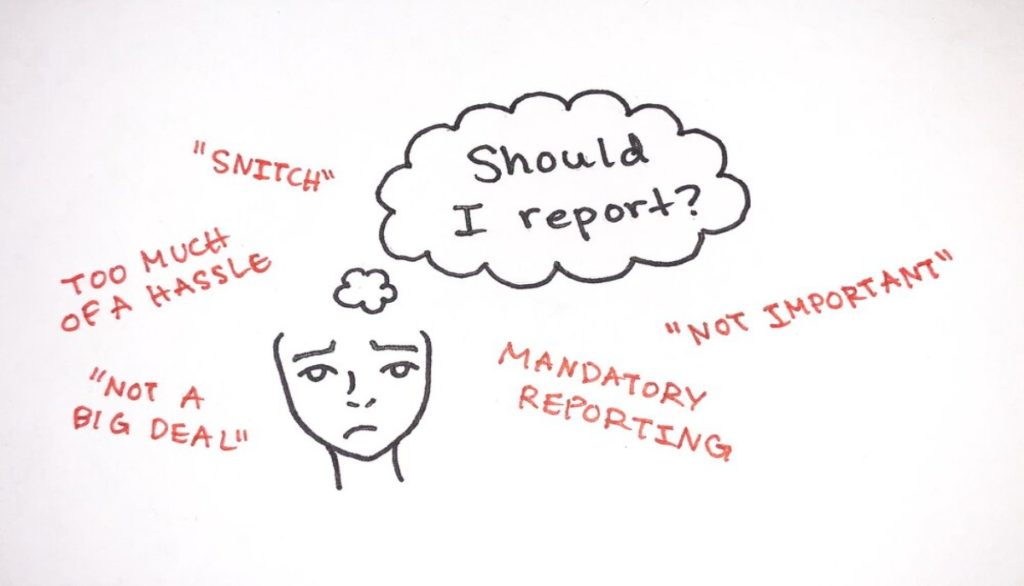
Unfortunate Reality of Normalization
I asked a friend if she has ever been harassed and her response was “Ah nothing too severe you know, just the usual- being catcalled, be leered at and subjected to sexist jokes.” Her response shook me but honestly, I understood. The shameful truth is that women have accepted sexual assault as a daily part of life. We are so used to such experiences that they no longer surprise us. This is the problem. Only incidents as horrifying as the locker room or brutal rapes cause nationwide outrage. This tends to undermine all other incidents of molestation, stalking, eve-teasing which are thus normalized and accepted by society as a way of life. What people fail to realize is that all incidents highlighting gender-discrimination even in the minutest ways over time give birth to rape culture. All of us at one point in time have contributed to the problem- whether as active participants or silent bystanders. It is about time we start to accept responsibility for our actions and do our bit to make the world safer.
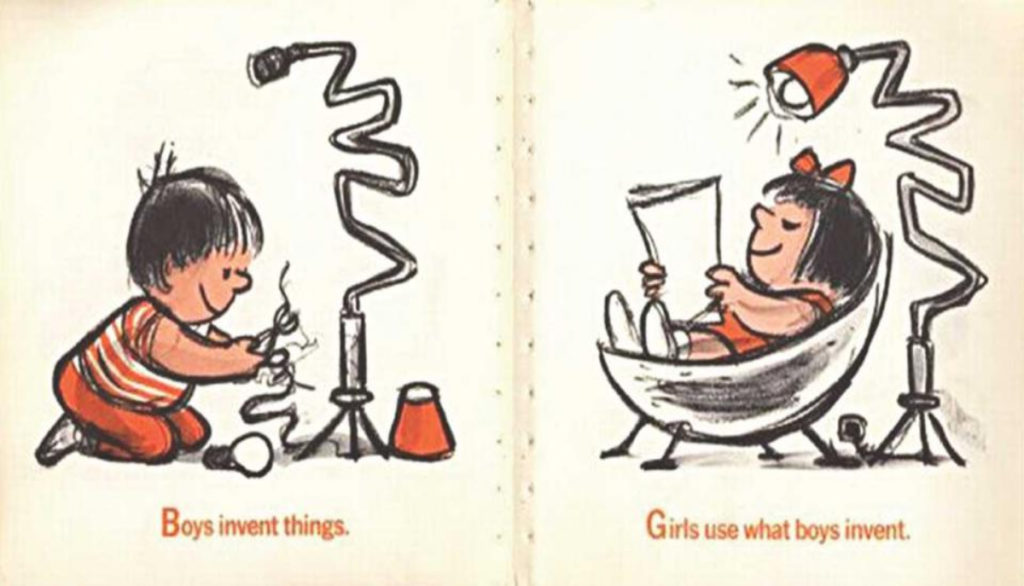
What causes such incidents?
“Usually incidents like cyber bullying, and objectifying others take place when the perpetrators create fake accounts and hide behind a virtual curtain that “protects” their real identities. The “bois locker room incident” however was a private conversation between real account users. This highlights how they believed it was within their right to talk about women in such a degrading manner which is honestly the real issue” said Big Fudge*, a first year male student at Delhi University when asked for his views on this unfortunate episode.
Peer pressure is another aspect that can act as a cause, especially in adolescents. It is likely that in the group existed a few individuals who did not like what was going on but did not want to lose friends or seem ‘uncool’ and hence did not take a stand for what was right.
The ‘beloved’ entertainment and music industry too has played its part. Whether it is movies like Kabir Singh and Pyaar ka Punchnama or songs like Sheher ki Ladki and Ek Chumma, they shine a light on the mendacious issues of male privilege and misogyny in India and how they have been glorified by our own industries for profit.
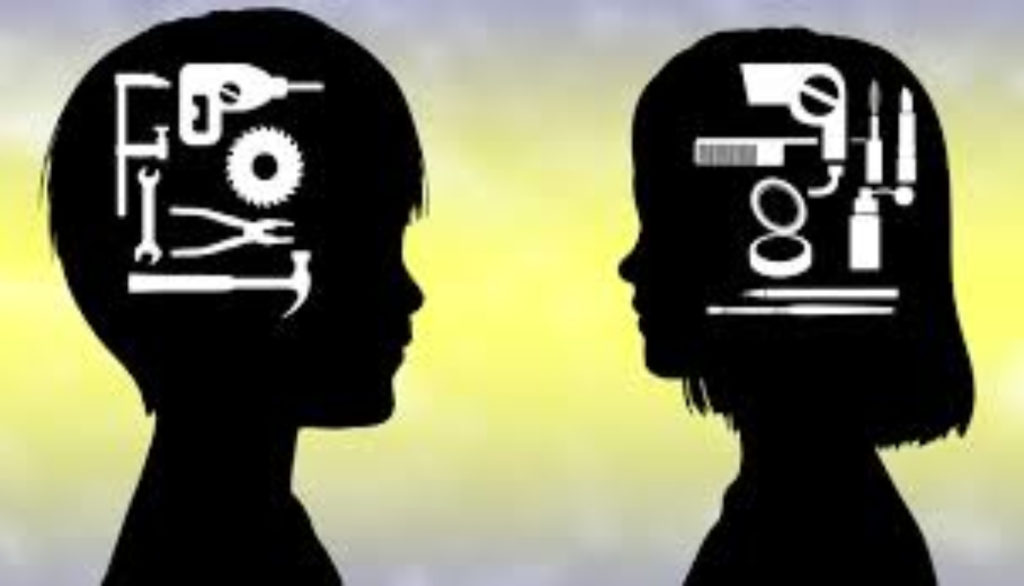
Sexual assault cases not only highlight the sense of superiority and horrific mindsets of some individuals but also reflect upon the environment they are brought up in. Indian families have for long objectified and demoralized women. With patriarchy so deeply embedded both in our mindsets and our laws, Indians have conveniently accepted status quo. Even in the most liberal households, daughters are still entitled to far less than sons, from free time and education to picking their lifelong partner. As soon as they are of ‘age’, girls are expected to assist in household duties regularly while for sons that time is usually for leisure. This unbalanced distribution of resources and opportunities continues all through adulthood in the form of wage gaps and sexism in everyday life. Similarly, boys who have mostly seen their mothers handle all the housework without batting an eye later expect their wives and daughters to jump on the bandwagon.
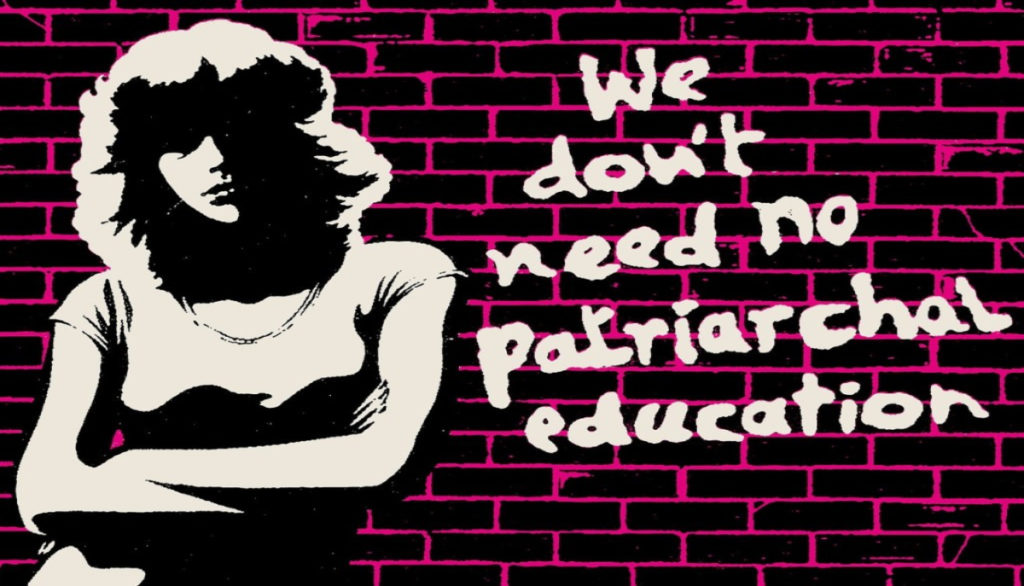
Educational Institutions and Their Role
Schools and teachers too have played their part in furthering the gender gap. By morally policing girls on skirt lengths, hair styles, nail polish, the color of their bras and warning them to stay in their ‘limits’ and away from the other sex, while boys are easily let off, institutions have assisted in developing such toxic mindsets. Instead of creating safe spaces for girls to become confident, they are made to feel targeted. The lack of sex education and stigma attached to such natural phenomena conditions a sense of embarrassment and shame. This makes individuals resort to biased and untrue sources such as porn and their friends for information. What we are then left with is some people believing they have the right to objectify, slut shame and assault. Discussions on topics such as menstruation and the female reproductive system are initiated once boys are made to leave the hall despite being co-ed schools. Do only girls need to be aware of how their body works? Maybe this is why most men are unable to make women orgasm. They never got the chance to learn where the pleasure spot lies.

How to Fix it?
Though the Delhi Police has identified almost all perpetrators from this incident, there is still a long way to go. This piece written by founder of Pratisandhi, Niyati Sharma, encourages schools to take the first step, initiate the conversation. “You are responsible for creating the space required for these conversations to be brought to the right authorities. You are the ones who set an example for the hundreds, if not thousands, of students you impact every day with the way you handle situations that impinge on their long-term mental health and well-being.”
One of the most obvious consequences of this ‘locker room chat’ will be less online space for girls as caretakers curb their access to social media. It is imperative to remember these discussions did not start on the internet even if their ultimate expression was on it. We do not need to shrink the already miniscule spaces for “surveillance-free interaction”, we need to widen them. Validating safe spaces for women’s experiences should be a given. Stricter cyber laws and swifter police action are equally necessary. Awareness about such laws should be focused on while also making users realize that nothing on the internet can be deleted forever. Such actions would create fear in the hearts and minds of individuals causing them to think twice about the content they share and its impact.
“I believe that exposing one such chat group has caused a major impact on the youth of our country. It has truly made them “woke” and realize the importance of respect and consent-terms they had previously chosen to ignore” believes Rohan*, another student of Delhi University.
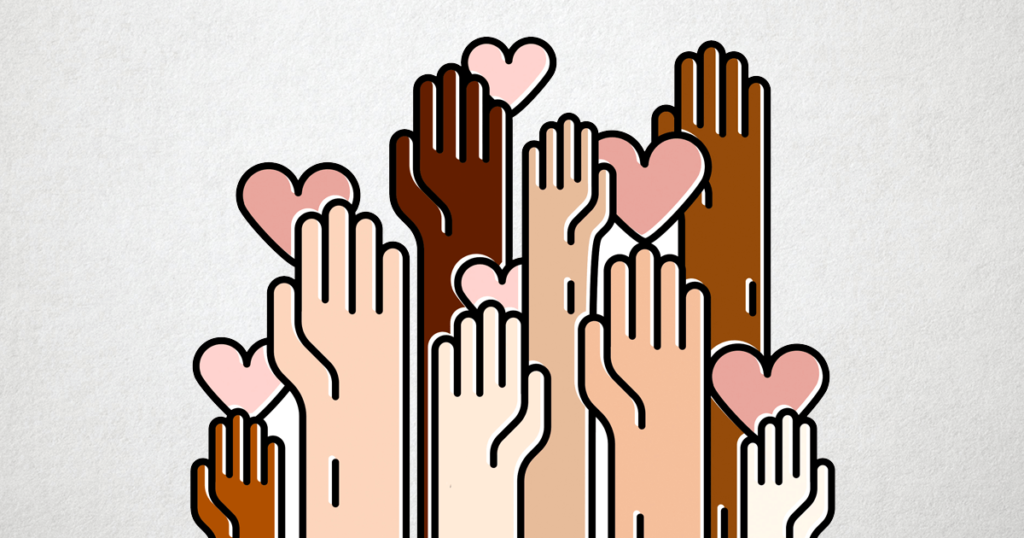
Several law experts believe that accountability is the best deterrent. Accountability holds true the guarantee that wrongdoing will have severe consequences. Parents and relatives too need to do their bit by empowering girls, creating safe spaces for discussions, and teaching their children how to communicate their consent properly while also respecting other’s. It is the need of the hour for us all to unlearn the toxic ways of patriarchy and imbibe feminism and what it truly stands for, wholeheartedly. For as long as we allow hiding behind the garb of let boys be boys, there is very little hope for a better future for men, much less, women.

Author


3 thoughts on “BoisLockerRoom – The Tipping Point”
Beautifully written! Informative and at the same time relatable
Well researched and thought provoking. A lot needs to be done to fix this and society and men must change and accept gender equality stop this totally NOW.
THIS IS THE MOST ACCURATE ARTICLE I’VE READ ON THIS SUBJECT! :”)
Very well written :))